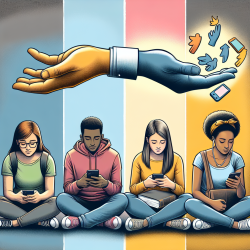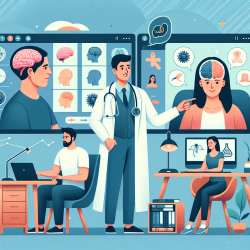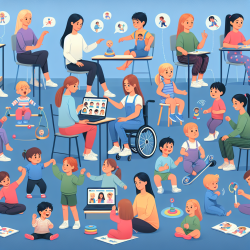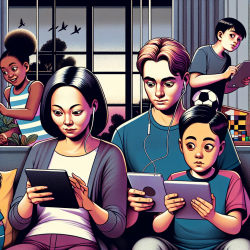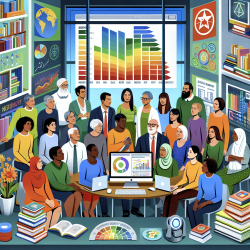Understanding the Link Between Social Media and Depression in College Students
In today's digital age, social media is a double-edged sword. While it connects us with friends and family, it can also lead to excessive use, especially among college students. A recent study titled Problematic Social Media Use and Depressive Outcomes among College Students in China: Observational and Experimental Findings sheds light on this issue. This research highlights how problematic social media use is linked to depressive symptoms in college students, with factors like loneliness and perceived social support playing a role.
Key Findings from the Research
- Problematic social media use is associated with increased depressive symptoms.
- Perceived social support, loneliness, and social media violence mediate the relationship between social media use and depression.
- Interventions based on Satir Transformational Systemic Therapy (STST) can reduce depressive symptoms and improve social support.
How Practitioners Can Use This Information
For practitioners working with college students, understanding these dynamics is crucial. Here are some practical steps to implement these findings:
- Assess Social Media Use: Regularly check in with students about their social media habits. Encourage them to reflect on their usage and its impact on their mental health.
- Promote Social Support: Facilitate group activities that enhance real-life social interactions. Encourage students to build meaningful relationships offline.
- Implement STST-Based Interventions: Consider incorporating STST techniques into counseling sessions. Focus on improving interpersonal relationships and communication skills.
- Address Loneliness: Create support groups where students can share experiences and combat feelings of isolation.
- Educate on Social Media Violence: Raise awareness about the potential for social media violence and provide strategies to handle such situations.
Encouraging Further Research
While this study provides valuable insights, further research is needed to explore these relationships in different cultural contexts and with larger sample sizes. Practitioners are encouraged to collaborate with researchers to deepen the understanding of social media's impact on mental health.
To read the original research paper, please follow this link: Problematic Social Media Use and Depressive Outcomes among College Students in China: Observational and Experimental Findings.
